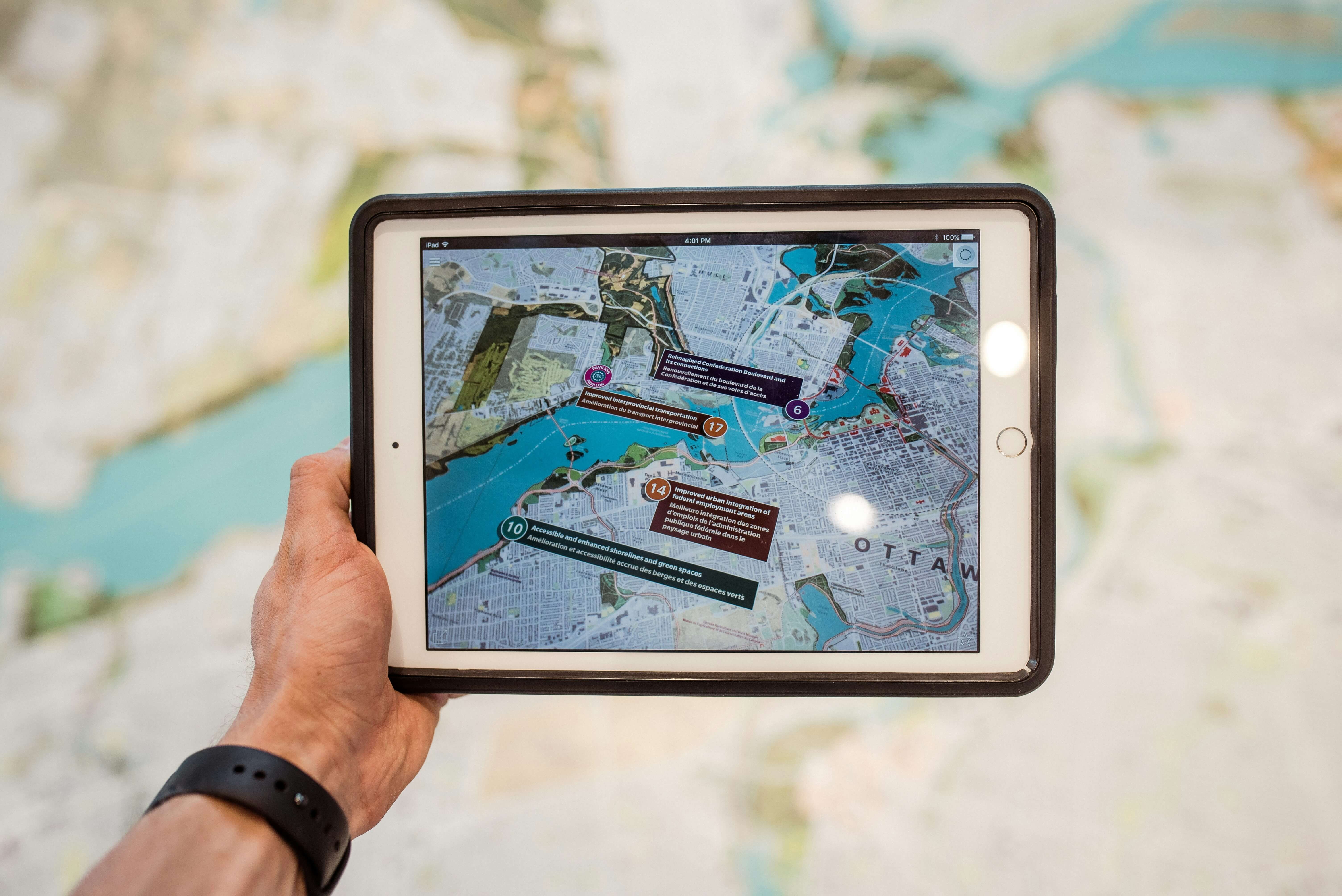As a parent, your child’s safety is always a top priority. With the increasing complexity of daily life and growing independence among children, keeping track of their whereabouts can sometimes be challenging. While traditional parenting instincts and communication remain essential, modern technology—specifically GPS trackers—can serve as a helpful tool for added peace of mind. But how do you know when it’s time to consider using one? Although GPS trackers shouldn’t replace trust or open dialogue, they can support parents during certain phases or situations. Here are five clear signs your child might need a GPS tracker.
1. Your Child Frequently Travels Alone or Walks to School
One of the most common indicators that your child may benefit from a GPS tracker is increased independence in daily routines. If your child walks to school, takes public transportation, or bikes to extracurricular activities without adult supervision, it’s natural to feel a degree of worry—especially when schedules vary or weather conditions change.
A GPS tracker allows you to monitor your child’s real-time location and receive alerts when they arrive or leave designated areas, such as school, home, or a friend’s house. This visibility can ease the stress that comes with transition periods in your child’s development, such as when they move from elementary to middle school or start navigating their community more independently.
Not only does this promote safety, but it also supports your child’s growing autonomy. You can encourage them to make responsible decisions while still having the reassurance that help is just a click away if needed.
2. They Have a Medical Condition That Requires Monitoring
Children with chronic medical conditions—such as epilepsy, diabetes, severe allergies, or autism—may require additional layers of protection. In emergencies, minutes matter, and knowing exactly where your child is can be crucial to providing timely assistance.
Many modern GPS trackers for children offer more than just location data. Some models come with emergency SOS buttons, fall detection, or health data integration. These features can instantly alert parents or guardians if something is wrong, even if the child is unable to communicate or call for help themselves.
If your child is prone to wandering due to sensory sensitivities or has a condition that could cause disorientation or confusion, a GPS tracker becomes a potentially life-saving device. It’s not about restricting their freedom, but about enabling them to live more fully with added safeguards in place.
3. Your Child Has a History of Wandering or Getting Lost
Even the most attentive children can get distracted and wander off, especially in busy or unfamiliar environments like parks, malls, amusement parks, or family events. If your child has previously gotten lost or tends to stray when you’re out in public, this is a strong sign that a GPS tracker may be a wise investment.
Wandering is a particularly common issue with younger children or those who have behavioral or developmental conditions. In these situations, GPS tracking devices serve as an extra set of eyes, offering parents peace of mind and enabling swift action if a child disappears from sight.
In emergencies, the ability to pinpoint your child’s exact location using a smartphone app can make the difference between minutes and hours of searching. Many parents use geofencing features to receive instant alerts when a child leaves a predefined safe zone—helping prevent potential incidents before they escalate.
4. You Have Joint Custody or a Complex Family Schedule
Families today come in many forms, and joint custody or co-parenting arrangements can sometimes complicate logistics and communication. If your child spends time in multiple households or frequently transitions between caregivers, a GPS tracker can offer both parents visibility into their child’s whereabouts without relying entirely on verbal updates or assumptions.
This can reduce miscommunications and help keep everyone on the same page, especially when activities, pick-ups, or hand-offs occur outside of routine schedules. Instead of constant check-ins that can feel intrusive or lead to tension, GPS tracking creates a seamless and discreet way to stay informed.
For older children and teens, this method may also offer a compromise between independence and accountability—particularly when both parents agree on its use and boundaries are clearly established.
5. You Often Feel Overwhelmed with Safety Concerns
Every parent experiences moments of worry, but if you find yourself constantly anxious about your child’s safety, especially when they’re away from you, a GPS tracker may help relieve some of that emotional weight. Whether it’s concern over rising crime rates, transportation issues, or simply the unpredictability of modern life, a tracker can serve as a practical solution that supports your mental well-being as much as your child’s security.
While no device can eliminate all risks, having a reliable way to check in on your child—even without a phone call or text—can reduce stress and prevent worst-case scenarios from unfolding unnoticed. It’s especially helpful for working parents or those balancing busy schedules who want to stay connected without hovering or micromanaging.
By using GPS technology as a supportive tool rather than a disciplinary one, you create a nurturing framework where both you and your child feel more confident and secure.
Conclusion
Deciding to use a GPS tracker for your child is a personal decision, but it’s one increasingly supported by both technology and necessity. If your child is gaining independence, has special needs, tends to wander, or moves frequently between households, a GPS tracker can be an effective way to enhance safety without disrupting trust.
It’s important to communicate openly with your child about why you’re choosing to use a tracker, ensuring they understand it’s meant for protection—not punishment. When used thoughtfully, GPS trackers can be a valuable tool in today’s parenting toolkit, helping bridge the gap between freedom and safety in a fast-paced world.
